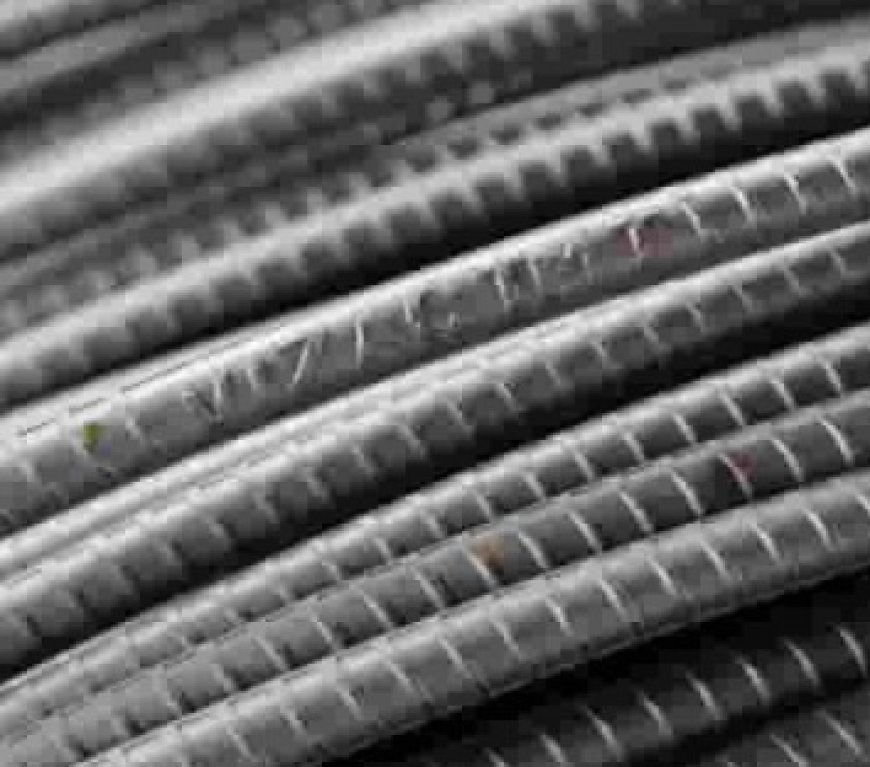TMT Bar Prices in India: Influencing Factors

TMT (Thermo-Mechanically Treated) bars are a crucial component in construction and infrastructure projects, including buildings, bridges, and roads, due to their high strength and durability. The price of TMT bars in India is influenced by a variety of factors, with the broader steel market playing a key role. Raw material costs, such as iron ore and coking coal, alongside production processes and market demand, are significant contributors to the overall pricing structure. Understanding these factors can help builders and contractors navigate fluctuating TMT bar prices effectively.
Raw Material Prices and Their Impact
The cost of raw materials like iron ore and coking coal is a primary factor influencing TMT bar prices. Iron ore, being the main raw material for steel production, often experiences price volatility due to global supply and demand factors. Major iron ore suppliers such as Brazil and Australia impact global prices, and any disruptions in mining or export activities can lead to a rise in steel production costs, consequently affecting TMT bar prices. Likewise, coking coal prices fluctuate based on international energy markets, trade agreements, and regulations, all of which contribute to the steel industry's overall production costs.
Energy Costs and Market Demand
Energy expenses, including electricity and fuel, significantly affect the cost of steel production, thereby impacting TMT bar prices. Domestic demand for TMT bars is another critical factor, particularly driven by the construction and infrastructure sectors. During times of economic growth, when construction projects are abundant, the demand for TMT bars increases, leading to higher prices. Conversely, during periods of slower construction activity, the demand for TMT bar rate decreases, which can stabilize or reduce prices. Therefore, energy costs and market demand are essential elements that shape TMT bar pricing trends in India.
Regional Price Variations
TMT bar prices in India can vary from region to region due to transportation costs, local taxes, and operational expenses. Major cities such as Mumbai, Delhi, and Bangalore typically have higher TMT bar prices because of higher logistics and tax burdens. In contrast, regions closer to steel manufacturing plants or those with more efficient transportation infrastructure tend to benefit from lower transportation costs, resulting in more competitive pricing for TMT bars. These regional differences in pricing play a key role in determining the overall cost for builders and contractors across India.
Production Process and Technology
The production process for TMT bars involves several stages, including rolling, quenching, and tempering, all of which contribute to the final product's cost. Factors such as labor costs, energy consumption, and material expenses are integral to determining TMT bar prices. Additionally, investments in advanced technology and quality control measures are necessary to maintain high product standards but can also lead to higher production costs. Manufacturers that prioritize advanced technologies to ensure the strength and durability of TMT bars often pass these costs onto consumers, resulting in higher prices for premium-quality products.
Conclusion: Competitive Prices at SteelonCall
The price of TMT bars in India is influenced by several complex factors, including raw material costs, energy expenses, regional demand, and production processes. Understanding these factors is essential for builders and contractors looking to optimize their budgets. At SteelonCall, we offer premium TMT bars from trusted brands at the most competitive prices. Whether you're working on residential or commercial construction projects, our direct sourcing from manufacturers ensures you get the best quality and price. For unbeatable offers and superior customer service, call us at 08062212000 or visit our website at steeloncall.com to find the right TMT bars for your project.
#tmtbarsprice #tmtbarsonline #tmtbars #tmtbar #tmtbaronline

 Kalyahnn
Kalyahnn